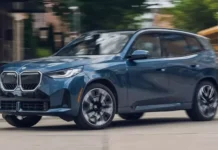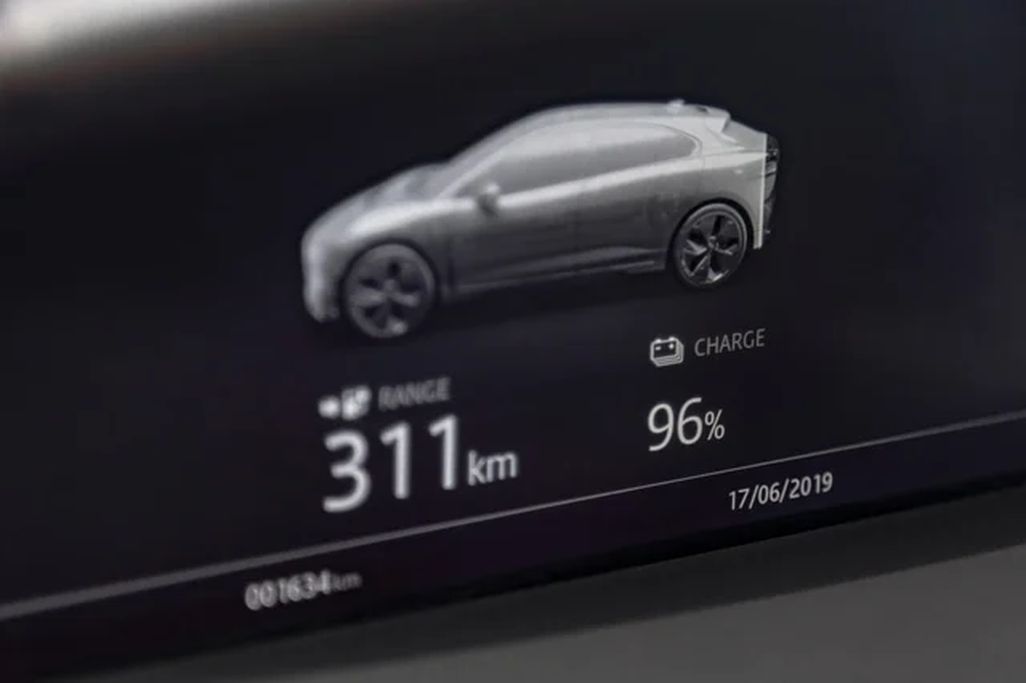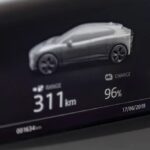There is a truth that the charging time for electric cars is not always as expected and the actual power of the charging station does not always reach its maximum level as advertised. And below are the reasons why your electric car charging time is not always as fast as you expected.
The actual charging time of an electric car depends on many factors and it can be influenced by other cars, charging stations, driver behavior, and even weather conditions. In summary, there are six most common factors that make your electric car charge not as fast as you expect.
1. Max charging capacity and max output power
Up until now, the most common reason why your electric car does not charge as fast as you expect is due to the limitation of the charging capacity or the output power that the charging station can provide. In other words, your car is not equipped to handle the maximum load that the charging station can provide or the maximum power output of the charger is lower than the maximum power that your car can accept. This mismatch is often the cause of a slower charging speed than what the charger advertised, especially in the case of fast charging.
Before we delve into more specific electric output, we need to discuss some terms. If you have ever researched electric cars, you may have come across the terms power output and battery capacity, which are expressed in kilowatts (kW) and kilowatt-hours (kWh) respectively. But what exactly is the difference between these two units?
Kilowatts represent the charging power and are used to indicate the maximum output power of the charger. In residential areas, home chargers typically have an output power of 7.11 or 22 kW. Public fast chargers allow for much higher power outputs, ranging from about 50 kW to 400 kW.
On the other hand, a kilowatt-hour (kWh) in the context of electric cars represents the amount of energy stored by the battery – the higher the number, the more energy the electric car battery can store (and therefore, the greater the driving range).
Let’s take a specific example to illustrate this. Suppose you own a Hyundai IONIQ 5 Long Range AWD, which has a battery capacity of 77.4 kWh and a maximum AC charging input of 11 kW.
It can be seen that users can still charge the car using a 22 kW charger. However, it will not provide us with more energy than the car can accept.
Therefore, even if a 350 kW charger is used, the car will still take 17 minutes to charge the same as with a 233 kW charger.
2. State of Charge (SoC)
The charging power and output power of the charger are not the only factors affecting the charging time. Another important factor is the State of Charge (SoC).
Simply put, SoC refers to the amount of energy your car is currently storing or, in other words, the percentage of your car’s battery. In fact, electric batteries can charge faster at a lower state of charge (e.g., 20%) compared to a higher state of charge (let’s say 80%). This is why electric cars can often charge from 0-80% quite quickly but will take more time to charge from 80-100%. This mechanism also helps protect your battery from overheating and maintain its lifespan.
3. Concurrent charging
Another factor that can make your car charging time longer is when multiple electric cars are connected to the same charging station or using shared electricity. Even with separate charging stations, they can still share the same power source, meaning that the power of each charger will decrease when multiple cars are using it. This often happens with fast DC chargers, where two chargers can share the same transformer, resulting in the maximum output power being halved if both are used.
4. Battery temperature
External factors such as temperature can also affect the charging speed of electric cars. This is because batteries, including the ones used in electric vehicles, are designed to perform best within an optimal temperature range of about 20°C. When the temperature is significantly lower or higher, the battery can be damaged, and its capacity can decrease.
To prevent this, electric batteries are equipped with a Battery Management System (BMS), which monitors the battery’s operation and adjusts the charging process accordingly to maintain the health of the battery. Therefore, when the temperature exceeds the optimal range, the BMS may reduce the charging speed to prevent damaging the battery.
The charging process can also be slower at harsh temperatures because some energy may be used to heat or cool the battery to bring it to the optimal temperature, leading to slightly less efficient charging than in mild weather.
Of course, it should be noted that the impact of temperature on charging time varies between different types of cars, so you should check the specific specifications of your vehicle.
5. Sitting in the car while charging
Many people may not think that using the car while charging can have an impact on the charging process. But in reality, it can increase the charging time, depending on the user’s activities. Clearly, you cannot drive the car while it is plugged in, but being inside the car and using the heating or air conditioning system, or even the audio system or lights, can increase energy consumption and reduce the energy intake during the charging process, making it take longer to charge the car.
6. Battery condition
Electric car batteries have a much longer lifespan than most people think, about 10-15 years. And during this time, the battery will age and lose some of its capacity, which is unavoidable. As the battery deteriorates, the internal resistance of the battery also increases. This means that the amount of energy it can accept will decrease, slowing down the charging speed.
It is worth noting that electric car batteries are usually designed with a higher capacity to function as a buffer against aging. Therefore, the decrease in power and increase in charging time will be hardly noticeable in most cases.
TT (Tuoitrethudo)
Reference: EVboxblog










































